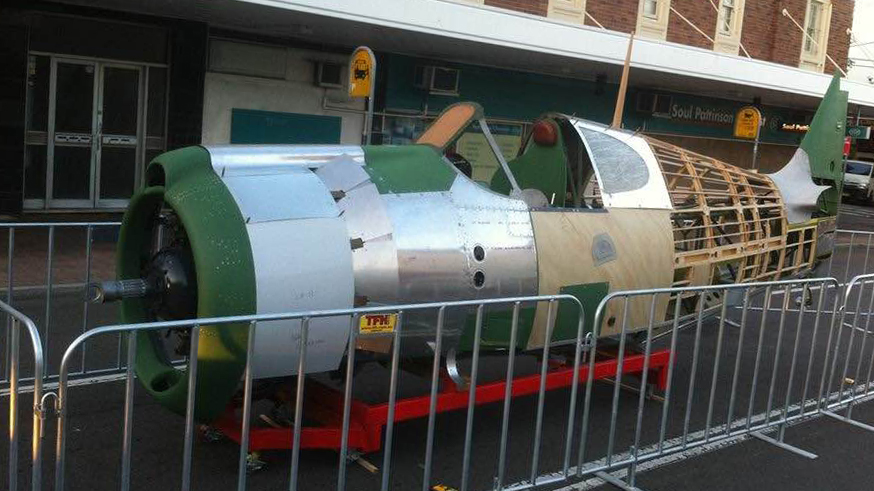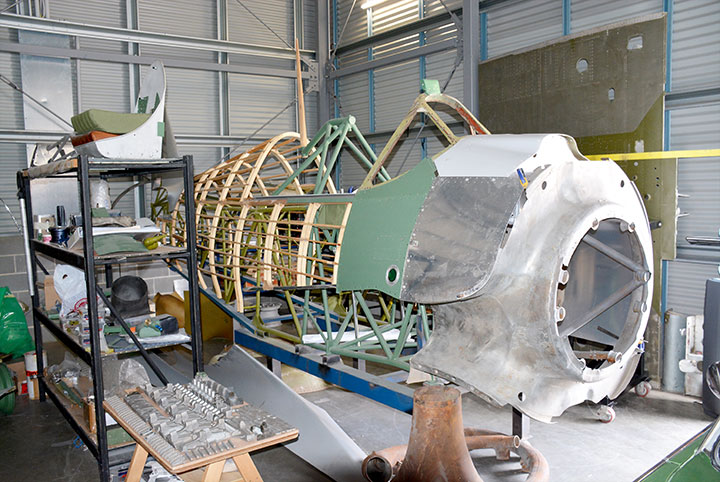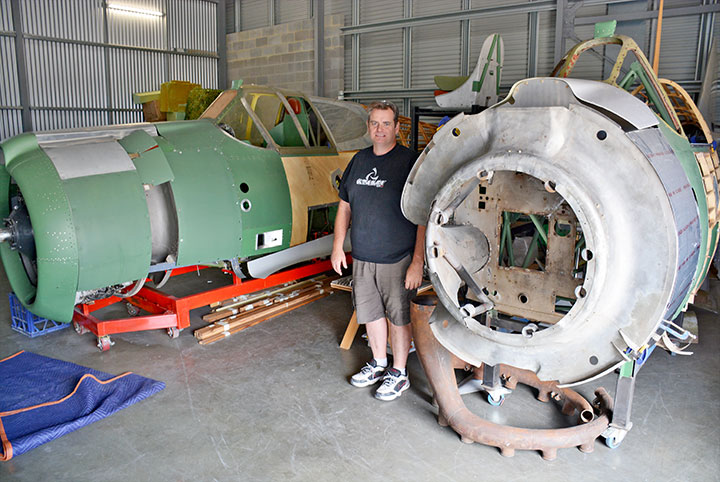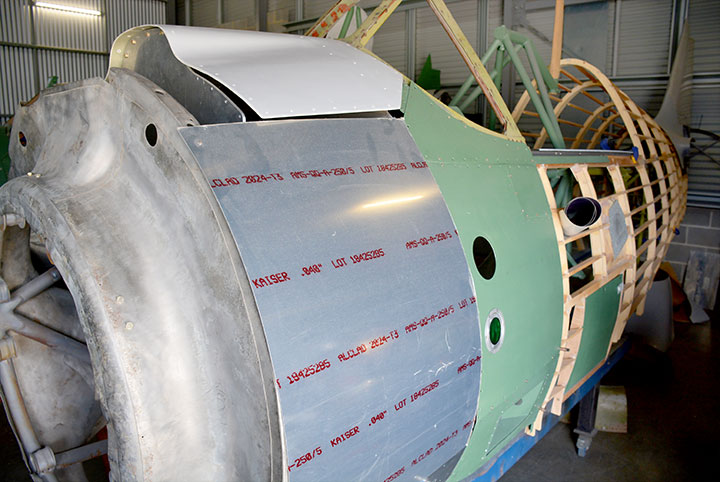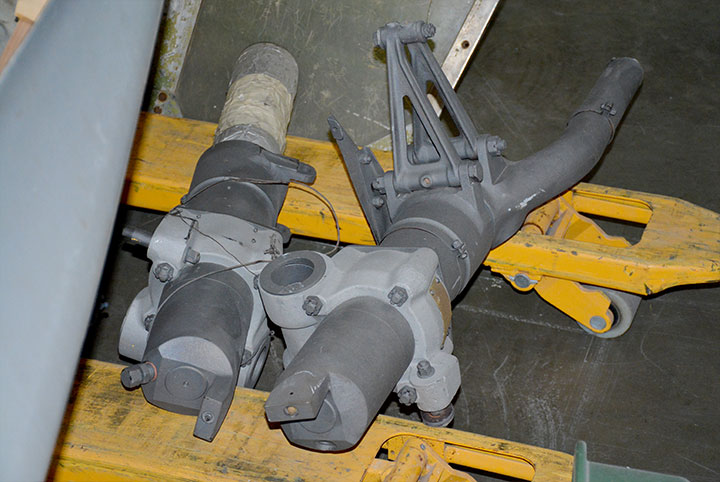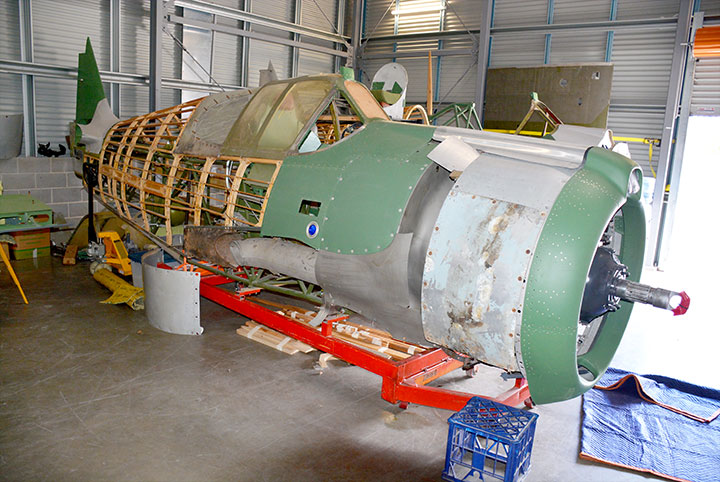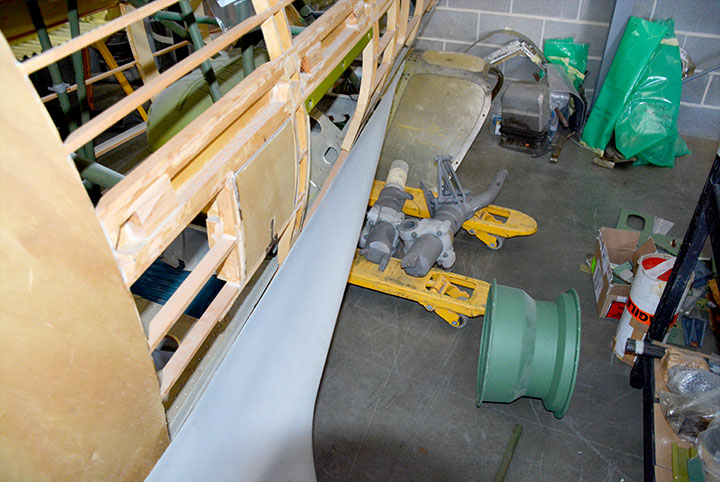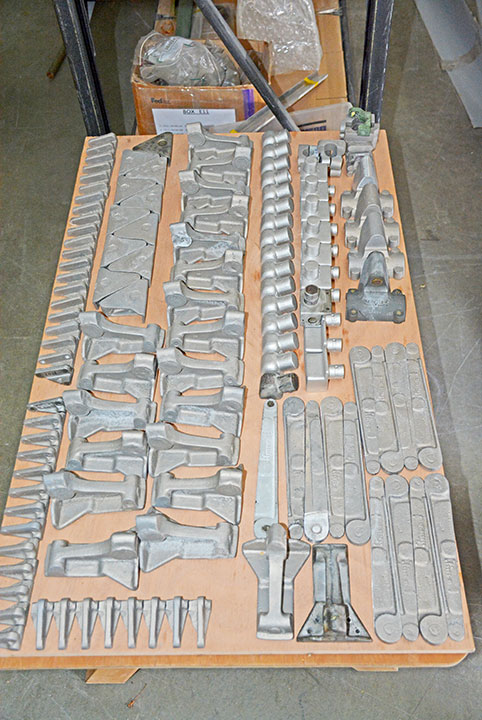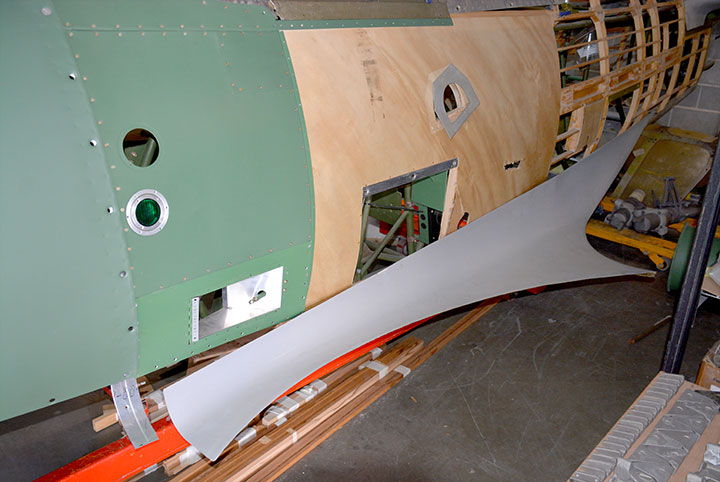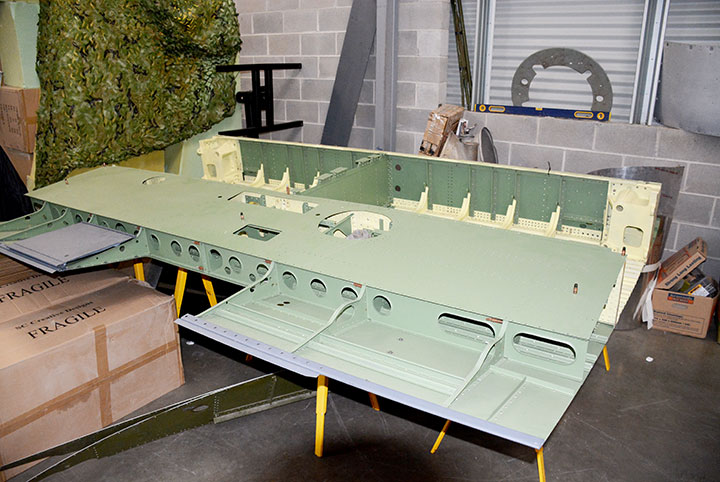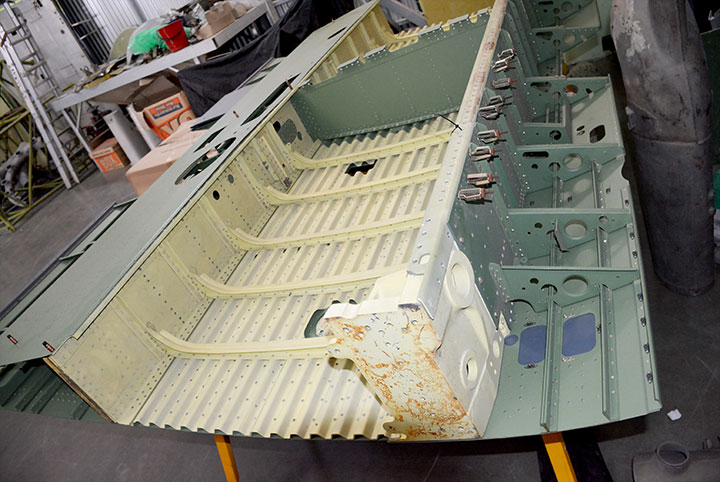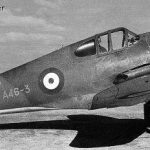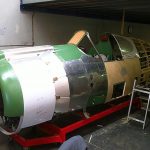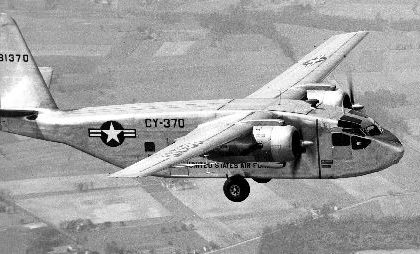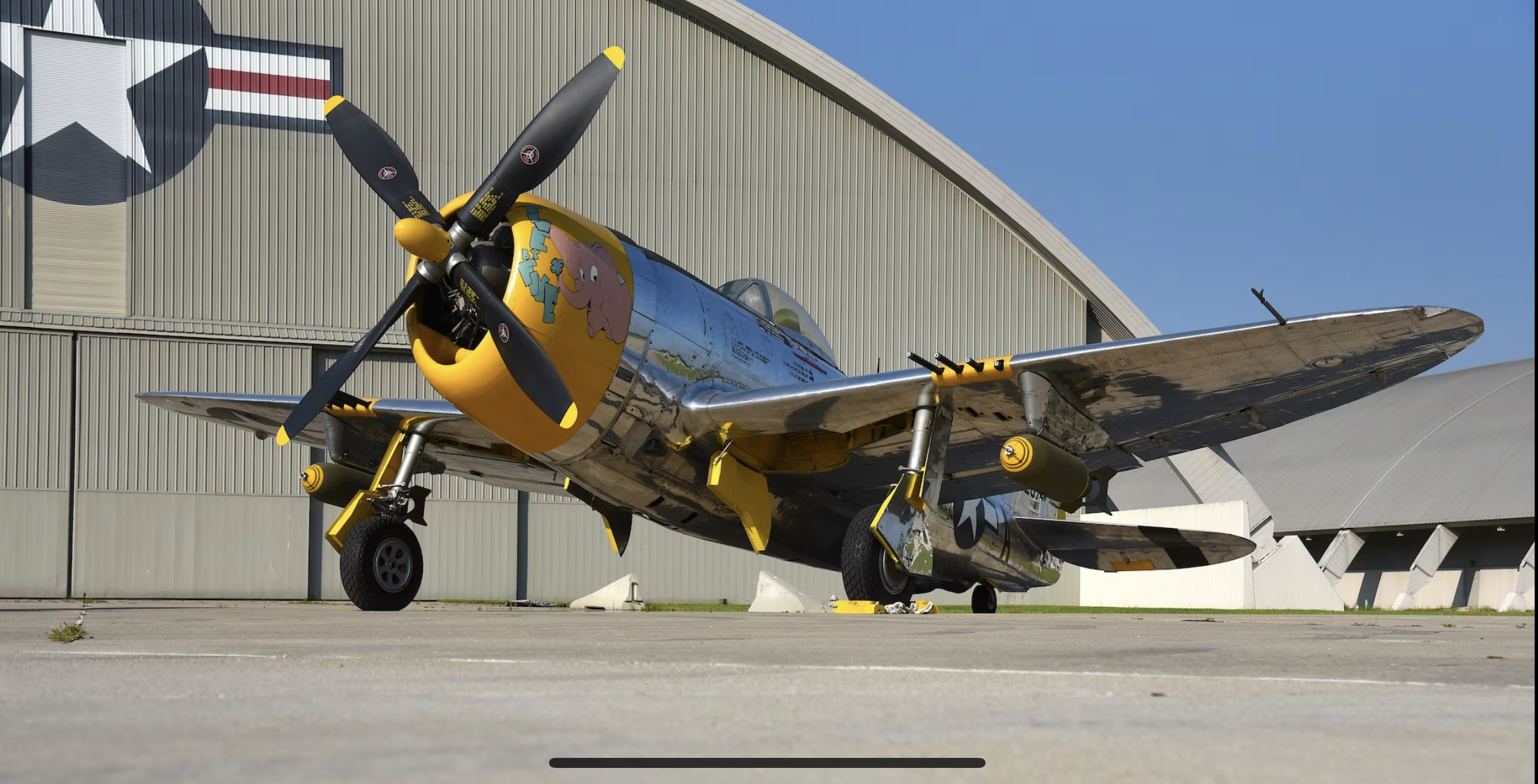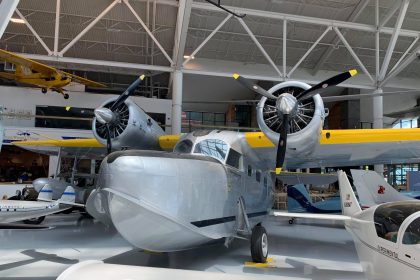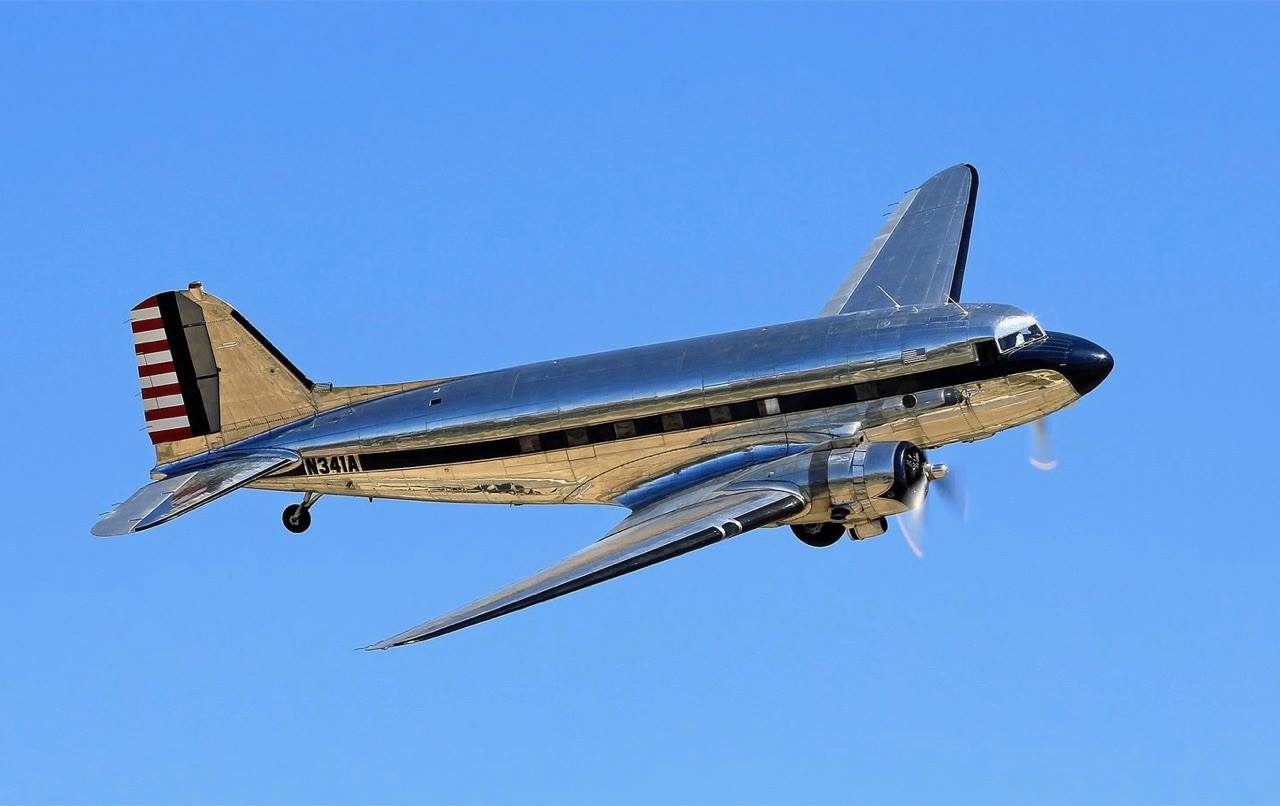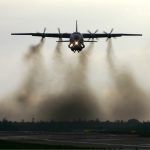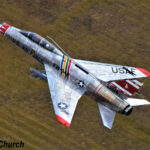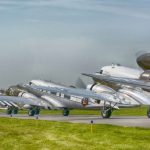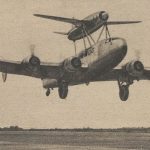The Commonwealth Aircraft Corporation Boomerang is one of the lesser known Allied fighter types which made its way into combat during WWII. It was an important stop-gap fighter of Australian design and manufacture based upon the CAC Wirraway, which itself was a licensed produced version of the North American NA-16. The type came into being through the desperate circumstances Australia found itself in at the beginning of the Pacific War. It badly needed its own, indigenous source of combat aircraft, as the more usual foreign supplies from Britain and the USA were being swallowed up by those nation’s own armed forces at the time. The Boomerang didn’t serve as a fighter in the front line for long, beginning its operational service in October, 1942, but it did enjoy significant success as a light ground attack aircraft in New Guinea, the Solomons and Borneo where its 20mm cannon packed quite a punch. But the type was obsolete by the end of the war, and quickly slipped into obscurity. Only a single, more-or-less complete example survived long enough to make it into a museum as a complete aircraft, this being CA.12 A46-30. The rest were simply scrapped. However, the steel-tube fuselage trusses for a number of identifiable airframes did linger on long enough at scrap yards and dumps, as their scrap value was minimal in comparison to the more desirable aluminum components. And it is upon these frames that a number of restorations have been based. We now bring a restoration report concerning not just one, but two Boomerangs coming together near Sydney in New South Wales, Australia, with a third ‘Boomer’ waiting in the wings. The report is courtesy of our good friend John Parker. Please do make sure to visit his excellent website WarbirdsOnline.
Today we share an update on the restoration by Ian Baker of CAC Boomerang A46-140, an RAAF CA-13 C/N 963 , which Baker recently sold to another, although he is still conducting the restoration. The aircraft’s fuselage shell frame is now completed and is about to be removed for cladding with its plywood skin. Once the shell is complete it will be covered in fabric and doped ready for refitting.
The fuselage frame is also being fitted out and will shortly be mated to a centre section so that it can sit on its landing gear again for the fuselage fit-out to be completed. Once all of the systems are placed back into the fuselage, the shell will be fitted again and the centre section completed. Then the new-build outer wings will be refitted. The empennage will also be a new build construction and refitted upon completion. A newly overhauled Pratt & Whitney R-1830-90 Twin Wasp 14-cylinder radial engine has arrived and will be mounted on the airframe in due course. All of this activity does naturally take time, however the progress of this Boomerang has been impressive and we will continue to monitor the progress of its restoration.
Ian is about to move into a new workshop, however he has been continuing work on the Boomerangs in the meantime. He has started to convert a number of Harvard Mk.4 centre sections to Boomerang configuration, and will fit one of these to each of his three current Boomerang projects. These components are relatively straight forward to convert. The work is mainly centered upon the need to modify the outer wing mounting points to Boomerang geometry. The centre section is already strong enough to fulfil the Boomerang requirement and is so similar in all other respects to those used on a Boomerang that it is almost indistinguishable from a genuine CAC-produced wing center section sub-assembly.
Ian has also completed additional work to his own aircraft, CA-12 A46-90, including the refurbishing of some system components and some of the forward fuselage panel components. However, the restoration pace on this aircraft has been delayed by work commitments and the pending relocation to his new workshop. Ian expects to move into his long-awaited new accommodation in the very near future. He will then be able to properly accommodate the Boomerang projects A46-89 and A46-90 with A46-140. This new workspace will then allow for rapid progress to continue on these exciting Boomerang rebuilds.
WarbirdsNews wishes to thank John Parker very much for the use of his article and images. It is great to see these two fine aircraft coming together again, and we wish them much success with completing the projects.







